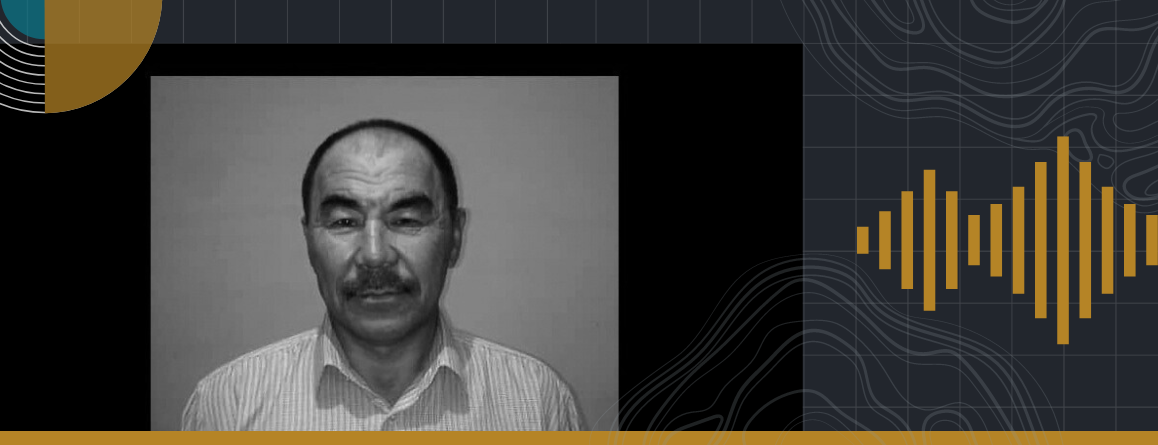Freedom for Eurasia received disturbing news that Karakalpak human rights activist Saadatdin Reimov, currently held in Penal Colony No. 34 in the Kamashi district of the Kashkadarya region is being forced to make self-incriminating confessions and pleas for mercy on pain of torture. He was sentenced to four years in prison on December 19, 2022, on false accusations of calling for an illegal change in the state system, which was merely a punishment for his activism.
The message he was given by the prison administration includes the following text in Uzbek language: “КОНУННИ БУЗДИМ ШУДИР ХОТОИИМ. ЖАЗО МУКАРРАРЛИГИН АНГЛАДИМ ЭНДИ.ЧИН КУНГИЛДАН ПУШОЙМАНМАН АЙИБДОРМАН УЗИМ. ВАТАНИМ МАХАЛЛАМ ОЙЛАМГА ВАДАМ. ЯКШИ ИНСОН БУЛИБ КАЙТАМАН,” which translates to “I broke the law and now realize the inevitability of punishment. I am guilty and sincerely regret what I have done. My promise to my homeland, my community – to return as a good person.”
According to Reimov, the prison administration is forcing him to learn this text and recite it loudly on the record. Reimov refused to comply with these demands and said he also does not speak Uzbek to make any statements in this language. These efforts to extract a coerced confession and threats of torture are a clear violation of human rights, undermining the integrity of the justice system and raising concerns about the use of psychological and physical torture against detained Karakalpak activists.
Freedom for Eurasia previously reported on the torture and deterioration of Reimov’s health in prison due to poor conditions and the administration’s actions.
In conclusion, the alarming situation surrounding Saadatdin Reimov, a Karakalpak human rights activist imprisoned under false pretenses, underscores the pervasive climate of repression faced by dissidents in Uzbekistan. The reports of his forced confessions and the looming threat of torture highlight severe violations of human rights and a disturbing pattern of coercive practices within the penal system. These tactics not only violate Reimov’s dignity and rights but also serve to intimidate others who might consider speaking out against the government. The continued risks to his health and well-being, compounded by unaddressed issues of inhumane prison conditions, necessitate immediate international attention and intervention. It is imperative for human rights organizations and the global community to call for accountability, the cessation of torture, and the protection of political prisoners like Reimov to uphold the principles of justice and human rights in Karakalpakstan and beyond.
